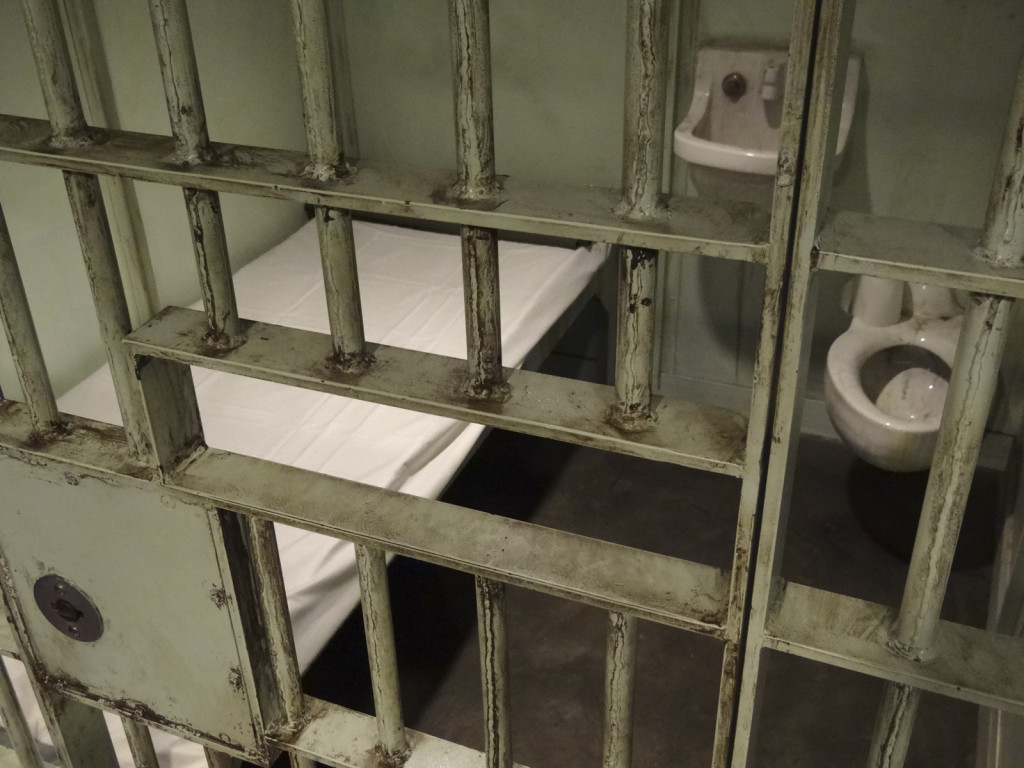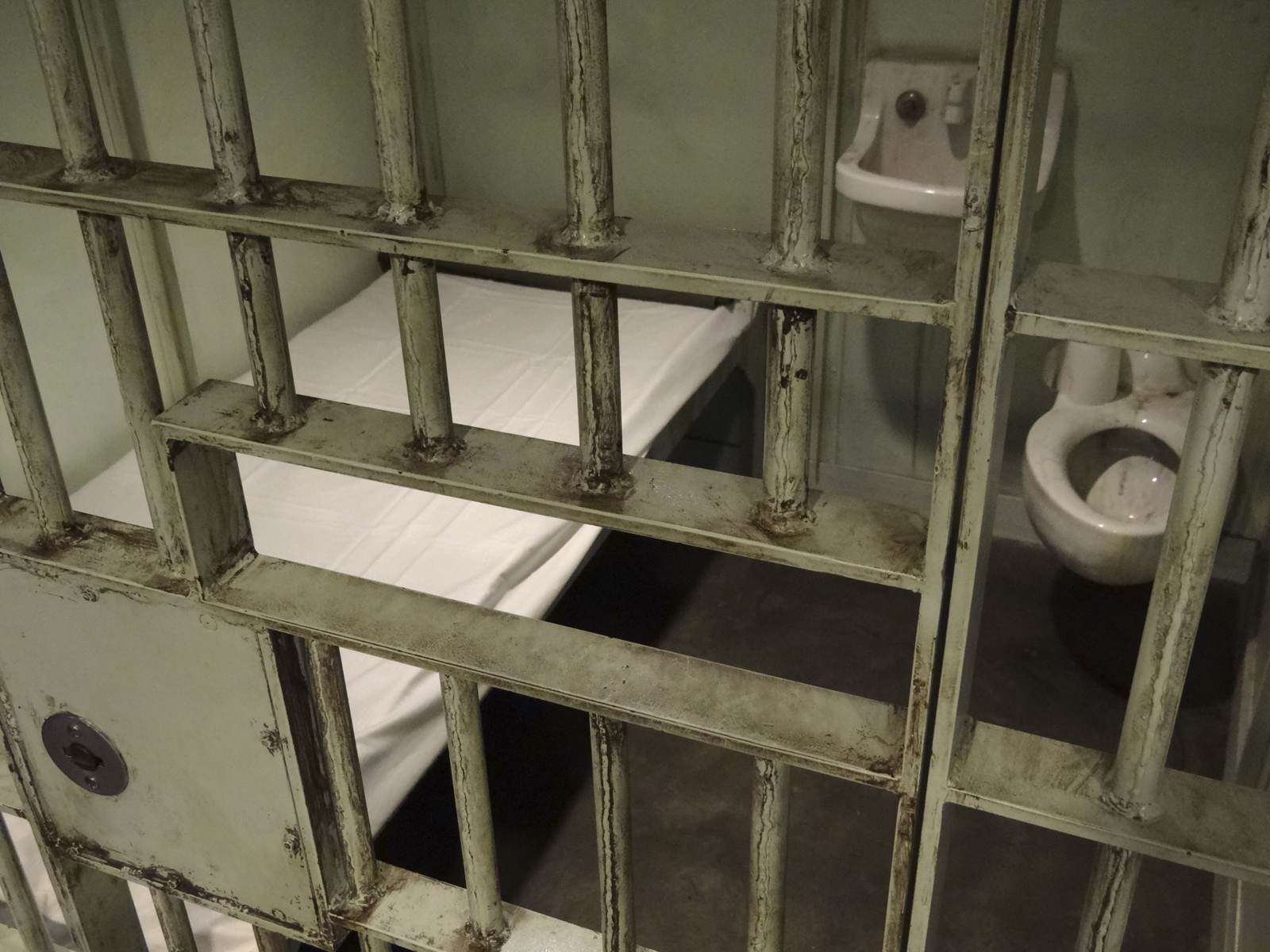
Californian midterm elections are almost here, and when heading to the booth on Nov. 4, a ballot to keep in mind is Proposition 47. This proposition reduces the sentencing of many different “nonserious and nonviolent drug and property crimes” from a felony to a misdemeanor. These include: shoplifting, grand theft auto, fraud, forgery, writing a bad check, receiving stolen property and drug possession. However, don’t hotwire a car just yet, because the reclassification is void if the amount extends beyond $950. Proposition 47 would also only apply to those who have no previous violent criminal records.
Most of the crimes listed above relate to financial matters and seek to have the charges reduced as long as the theft does not “exceed nine-hundred-fifty dollars ($950),” and is instead “punishable by imprisonment in a county jail for not more than one year (in cases like Forgery).” This legal change will help to lessen the impact on our prison system in conjunction with California’s three-strikes law. The system allows for an individual to commit three felony crimes, with severe increases in the punishment for each consecutive crime committed. Now with Proposition 47 in front of us, the justice system can do what it’s supposed to: focus on sentencing violent offenders.
One of the main supporters of this bill is Representative Newt Gingrich, who was Speaker of the House from 1995 to 1999. He argues that “It makes no sense to send non-serious, non-violent offenders to a place filled with hardened criminals and a poor record of rehabilitation — and still expect them to come out better than they went in.” An issue with our current incarceration system is that many people who commit nonviolent crimes also suffer from substance abuse problems. A report by CASAColumbia, a nonprofit addiction research group, shows that the American government spent approximately “$74 billion on incarceration, court proceedings, probation and parole for substance-involved adult and juvenile offenders, and less than 1 percent of that amount—$632 million—on prevention and treatment.”
Instead of surrounding them with the resources and people associated with these activities, the money saved by this bill will be used to provide alternative care directed at rehabilitation. The money that is saved will be pooled into a large fund which will net an estimated $150 million to $250 million per year. “Proposition 47 will dedicate 65 percent of its savings to mental health and drug treatment,” said retired San Diego Chief of Police William Lansdowne. “Additionally, 25 percent of savings will be shifted into K-12 school programs and another 10 percent to victim services.” Even with a conservative estimate this means a guaranteed $65 million and $25 million grant toward rehabilitation and education respectively.
The former police chief’s views were shaped by the past 10 years representing the city of San Diego. In response to the substance abuse issues which this bill is attempting to alleviate, he stated that, “temporarily incapacitating someone with addiction or mental health problems is just pushing the pause button on the problem,” and is not addressing the issue directly.
A notable figure in opposition to the bill is current San Diego Police Chief Shelley Zimmerman, who commented, “Almost all handguns (which are the most stolen kind of firearm) retail for well below $950,” which allows for these potentially serious crimes to be overlooked. However, knowingly possessing a stolen firearm is still classified as a felony and serves to punish those who deal with illegal gun trade.
This bill receives support from across the ideological spectrum, with the American Civil Liberties Union giving $2 million toward the proposition, alongside B. Wayne Hughes Jr., a conservative Republican, who gave $1.2 million early in the campaign. The Open Society Policy Center, an organization focused on social causes in the United States, gave over $1.4 million toward the campaign.
As it stands, the proposition is poised for victory. The Public Policy Institute of California says that 62 percent of Californians would vote yes on the measure whereas 25 percent would vote no. The study also showed that 69 percent of Democrats and about 50 percent of Republicans would also vote yes.
This bill should serve as an advancement in finding a balance between incarceration and rehabilitation. The goal of our political justice system is to isolate those that would do harm to society when committing serious and grave crimes. We as Californians must focus on the broader issue of helping those with substance abuse problems, instead of providing a system which further alienates and assigns an addict the status of “criminal.” This proposition is a step in the right direction for California through the increase in medical resources and the decrease in the amount of prisoners being incarcerated in the future.








